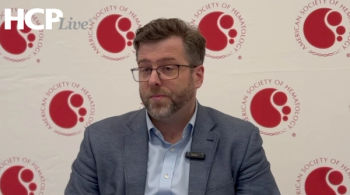
The associate director of clinical in vivo gene therapy at Children’s Hospital of Philadelphia discussed follow-up data of up to 6 years with investigations of fidanacogene elaparvovec.

The associate director of clinical in vivo gene therapy at Children’s Hospital of Philadelphia discussed follow-up data of up to 6 years with investigations of fidanacogene elaparvovec.
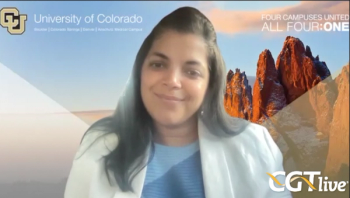
The clinical director of lymphoma services at the University of Colorado discussed 5-year follow-up data from the TRANSCEND-NHL-001 clinical trial.
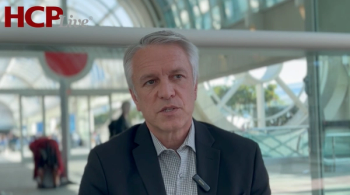
The professor of pediatric hematology/oncology at CS Mott Children’s Hospital discussed findings from the open-label extension of the ATLAS studies at ASH 2024.
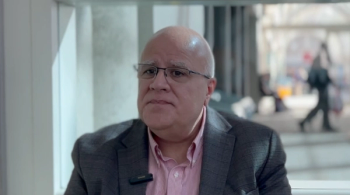
The Medical Director of Pediatric Hematology/Oncology at Sarah Cannon Research Institute discussed the latest data update from the CLIMB SCD-121 trial evaluating exa-cel.
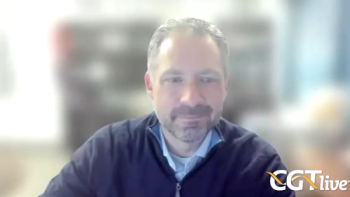
The chief executive officer of ASGCT discussed likely future trends extrapolated from the organization’s Q3 Landscape Report.
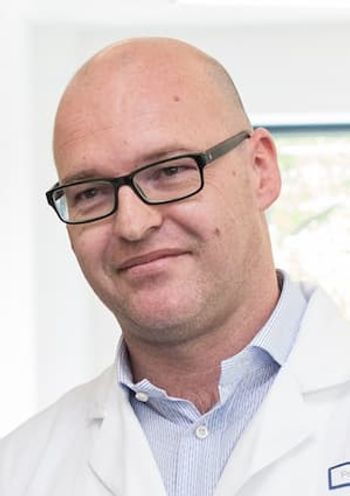
The vice president research and chair of internal medicine at the University of Erlangen – Nuremberg discussed findings from 2 early studies of CD19 CAR T-cell therapy.
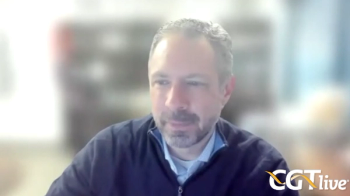
The chief executive officer of ASGCT discussed the latest trends in the field of cell and gene therapy.
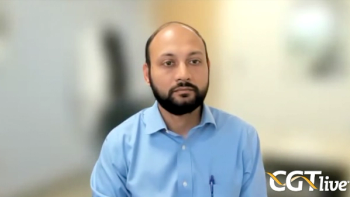
The associate professor of medicine in malignant hematology & stem cell transplantation at Vanderbilt University Medical Center discussed interim data from the phase 1/1b clinical trial evaluating Poseida's CAR-T.
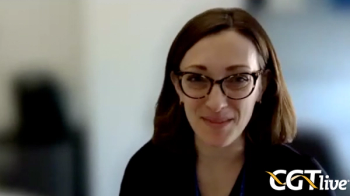
The attending physician at the Cancer Center at Children's Hospital of Philadelphia discussed a study she coauthored that was recently published in Blood.
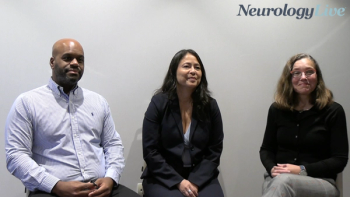
The 3 experts discussed Lexeo Therapeutics’ LX1001 gene therapy trial that demonstrated promising safety and biomarker effects in patients with early-stage Alzheimer disease.
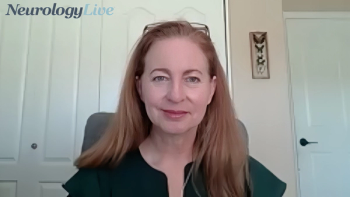
The chief research officer of the Muscular Dystrophy Association discussed the upcoming MDA Clinical and Scientific Conference, which will be held March 16-19, in Dallas, Texas.
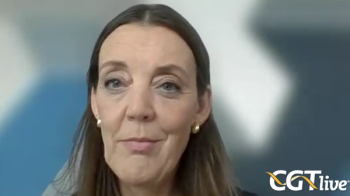
The vice president and head of medical affairs for Bristol Myers Squibb’s Cell Therapy Organization also discussed the company’s planned presentation at ACR Convergence 2024.
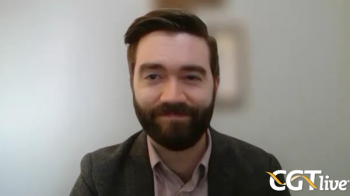
The vice president of Public Policy & Advocacy of the Muscular Dystrophy Association discussed the growing interest in gene therapy for attendees of the annual meeting.

The vice president and head of medical affairs for Bristol Myers Squibb’s Cell Therapy Organization discussed the Autoimmunity Cell Therapy Network.
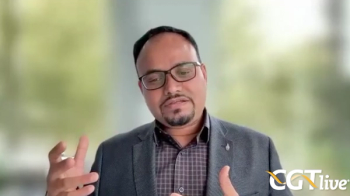
The chief scientific officer and head of research, development, and Medical at Ocugen, also discussed future plans for the gene therapy, which is now in a phase 3 study.
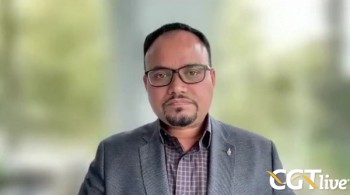
The chief scientific officer and head of research, development, and Medical at Ocugen, discussed OCU400, the company’s gene-agnostic gene therapy for IRDs.
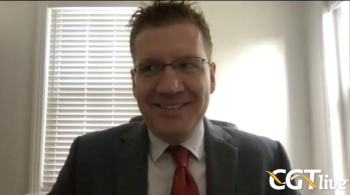
The pediatric neurologist in the Division of Neurology at Children’s Hospital of Philadelphia discussed several still-investigational drugs and therapies for DMD.
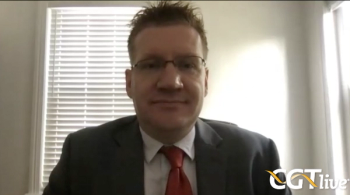
The pediatric neurologist in the Division of Neurology at Children’s Hospital of Philadelphia discussed the complicated choice doctors, patients, and families now face with a wide range of treatment options available.
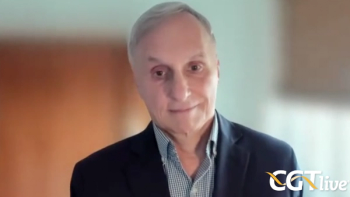
The chief medical advisor of Muscular Dystrophy Association (MDA) gave his view on treatment decision-making in the world of new options for DMD.
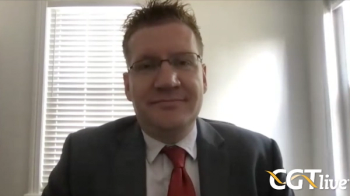
The pediatric neurologist in the Division of Neurology at Children’s Hospital of Philadelphia discussed how Sarepta’s Elevidys has affected the landscape of care for DMD.
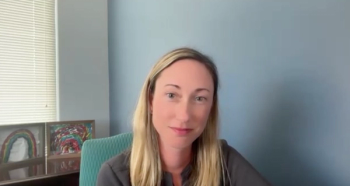
The director of neurology and neuromuscular medicine at the Children’s Hospital of the King’s Daughters in Norfolk, Virginia, spoke about the enhancements to newborn screening for the disease.
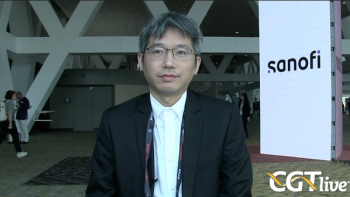
The research scientist at Seattle Children’s Research Institute discussed findings from mouse research he presented at ASGCT’s 2024 conference.
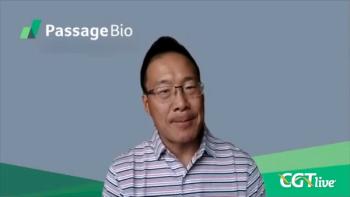
The president and chief executive officer of Passage Bio discussed feedback from a recent Type C meeting with the FDA.
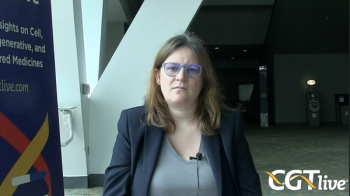
The head of therapeutics at Epic Bio discussed EPI-321, an investigational treatment for facioscapulohumeral muscular dystrophy.
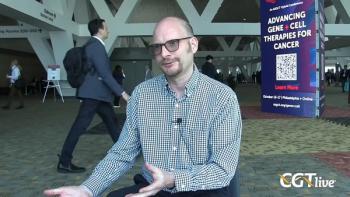
The chief medical officer at Creyon Bio discussed future applications for the company’s AI-guided discovery platform.
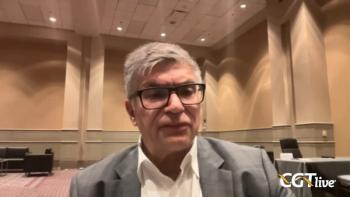
The cofounder and chief science officer of Longeveron discussed working to show potential benefits in a follow-up phase 3 trial.
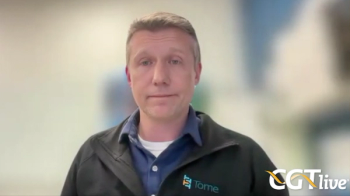
The chief scientific officer of Tome Biosciences also discussed the company’s pipeline for its new technology.

The chief medical officer at Creyon Bio discussed findings from a treated patient with a TNP02 missense mutation.
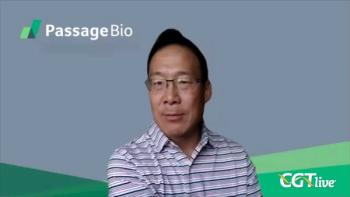
The president and chief executive officer of Passage Bio discussed feedback from a recent Type C meeting with the FDA.
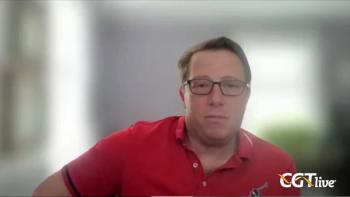
The chief technology officer at GenSight Biologics discussed using Verdot’s FlexiPro system to produce Lumevoq gene therapy.